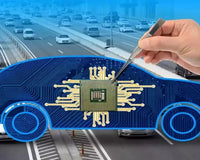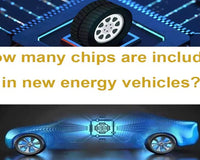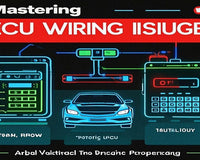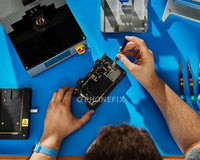
Real-time Decision Making: At 0 to 60 mph in a flash, Oil injection IC analyze data on engine torque, throttle position, and road conditions almost instantaneously. They adjust fuel injection and ignition timing to ensure a seamless power delivery.

Torque Management: By analyzing wheel and road load, ECUs control torque output in milliseconds, preventing wheel lock and maximizing traction during acceleration.
Torque Boost: Advanced Throttle IC chips that can detect and respond to the slightest change in throttle input, enabling immediate torque increase for a rapid rush.

Torque-limiter Overcoming: They can also temporarily lifting torque restrictions, called 'limiter release’, to unleash full power during brief bursts of acceleration.
Electronic Gearboxes (eTorque): Hybrid and electric vehicles rely on Engine Power IC to optimize the performance of their e-motors, enhancing acceleration even further.

Thanks to advancements in manufacturing and software design, ECUs have evolved from basic logic units to sophisticated artificial intelligence platforms, continually learning and adapting to driver preferences and driving conditions. This not only improves acceleration but also contributes to fuel economy and overall driving experience.
Car ECU IC chips are the silent heroes behind every exhilarating acceleration experience. Their swift algorithms and constant evolution ensure that the journey from 0 to 60 happens seemingly in a flash, while enhancing vehicle dynamics and responsiveness. As technology continues to evolve, so will the magic of acceleration under our control.










